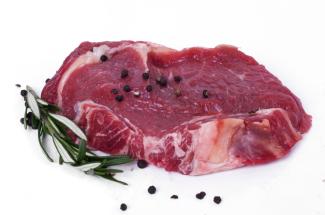
Feeling worse after consuming red meat can be attributed to various factors, and the experience can vary from person to person. Here's a detailed explanation of why some individuals might feel worse after eating red meat:
- Digestive Issues:
- Hard to Digest: Red meat, such as beef, pork, and lamb, contains high levels of proteins and fats, which can slow down digestion. This can lead to feelings of heaviness in the stomach, bloating, and an uncomfortable sense of fullness after a meal.
- Poor Digestive Tolerance: Some people may have a lower tolerance for red meat due to issues with digestive enzymes or sensitivities to the proteins in meat, leading to digestive discomfort, including cramps, bloating, and diarrhea.
- High Fat and Cholesterol Content:
- Red meat contains saturated fats, which can increase the risk of elevated cholesterol levels in the blood. This, in turn, may contribute to long-term health issues, such as cardiovascular diseases.
- Allergies or Intolerance:
- Some individuals are allergic to specific proteins in red meat or have intolerances to components in meat, which can lead to allergic reactions or digestive problems.
- Hormones and Antibiotics:
- Livestock are often raised with hormones and antibiotics, which may persist in the meat. Some people are concerned about potential effects of these additives on their health.
- Chemical Additives:
- Red meat can contain various chemical additives, like preservatives and coloring agents used to enhance the taste and appearance of the meat. Some individuals may be sensitive to these additives.
- Ethical and Psychological Factors:
- For some, consuming red meat is associated with ethical concerns about animal farming practices and environmental impacts. This can lead to feelings of guilt or discomfort after a meal, affecting overall well-being.
- Individual Variability:
- Each person is unique, and their reactions to red meat can vary. This includes genetic predispositions to digestive issues or sensitivities to specific meat components.
If you regularly feel worse after eating red meat, it's advisable to consult with a registered dietitian or a healthcare professional. They can help determine whether there's an underlying health issue or sensitivity and provide guidance on how to adjust your diet to improve your well-being. Additionally, focusing on a balanced diet with a variety of protein sources, such as poultry, fish, legumes, or plant-based alternatives, may be beneficial in maintaining overall health.






